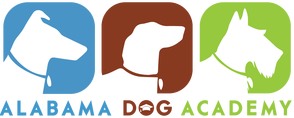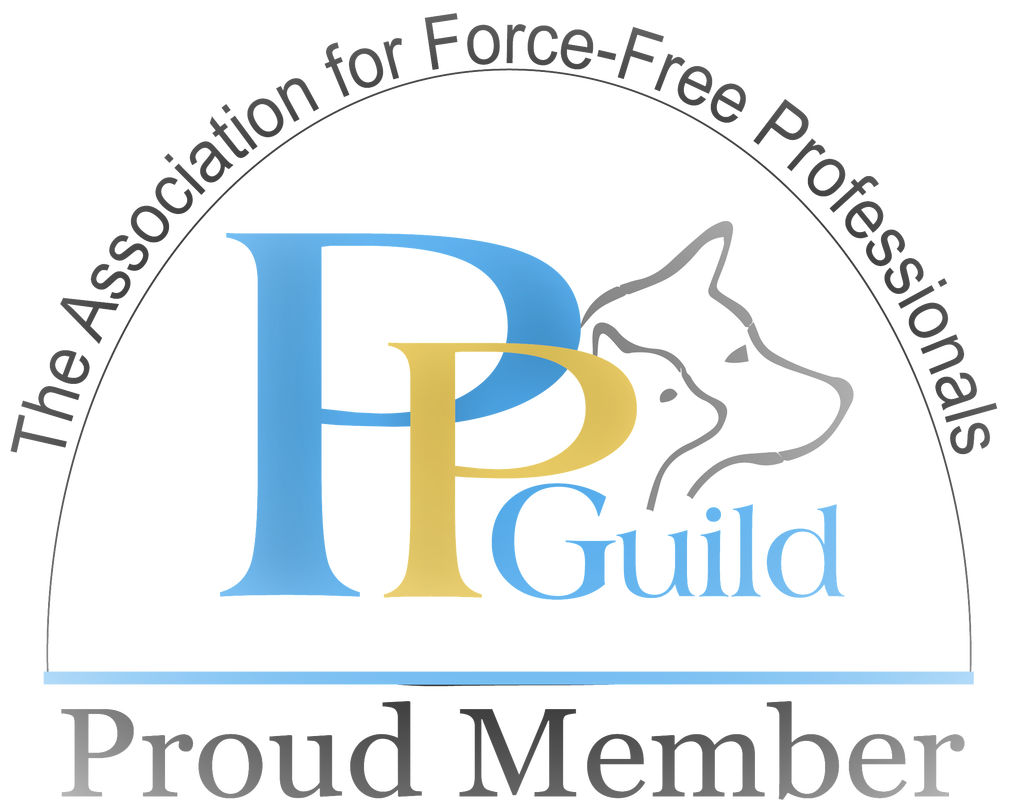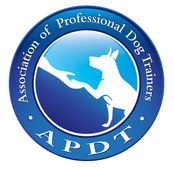Why dogs can be aggressive around food, and what you can do to fix it.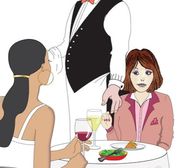 "I KNOW you're not going to take my last bite of cheesecake!" "I KNOW you're not going to take my last bite of cheesecake!" You’re at a restaurant, treating yourself to yummy food and engaging conversation with your friends. You’re eating slowly to fully savor your food. With only two precious bites left on your plate, you set your fork down to take a sip of your drink. Like a flash, your perky waiter appears, asking, “May I take your plate?” As he reaches toward your plate, somewhere in the deepest part of your mind you visualize shouting and stabbing his hand with your fork to make him leave your food and go away. But then your rational human mind takes over, and you smile and touch the edge of your plate, politely replying, “No thanks, not quite done.” He walks away; but you make sure that next time he comes around, you have your fork in your hand to make sure he knows that you’re still eating. If you're like most humans, you probably think that it’s rude to take away other people's possessions. We don’t steal food off each other’s plates, it’s against the law to take someone’s wallet. We have locks and security systems to protect everything from our cars and houses to our cell phones, and the bulk of our cash is secured in a bank. I’ve heard of roommate relationships that are ruined over stolen toilet paper. As kids we learn not to sit in Grandpa’s comfy chair or use Mom’s makeup without permission. If it’s so natural to understand to respect others’ possessions, then why do I, as a dog trainer, get these calls all too often:
Protecting one’s valuables from direct or perceived threats is called resource guarding. Humans do it, dogs do it; indeed, any animal in the wild who must work to acquire food will instinctively guard that food. For dogs, valuables can be anything they want: food, water, toys, access to another animal, access to a sleeping space, access to a room or even a building. Indeed, just like humans guard their valuables themselves, we have also selectively chosen many dog breeds to be particularly quick to guard: livestock guardian dogs, military and police dogs, watch dogs; in fact when most people tell me why they want a pet dog, “guarding the house” is more often than not one of the main benefits. 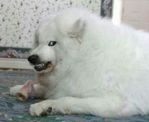 In normal resource guarding interactions, like the example above with the waiter who wants to take your plate, body language and verbal communication are all it takes to let the other know that you’ve claimed the item. This is the same communication that happens between dogs: the dog in control of the resource will, when threatened by another, freeze, stare, body block, take the object and move away or eat faster, growl, and air snap, to communicate that he's claimed the item; in normal interactions, when these “go away” signals are given, and the approaching dog does in fact go away, both dogs can be commended for their communication. This is how it’s supposed to work! Resource guarding becomes problematic when communication fails: the dog guarding his resources resorts to biting without first giving warnings; or when the approaching dog (or human) does not heed the warnings and continues approaching. Just like if you stab the waiter’s hand with your fork WITHOUT first explaining that you’d like to keep your plate of food, a dog who bites without first freezing, body blocking, growling, etc., is not appropriately communicating. Important: Dogs should NEVER be punished for growling. A dog who is punished for growling will learn to skip warning signs before a bite, and a dog who bites without warning is unpredictable and dangerous. There are times when we, as caregivers to our dogs, need to take a valuable resource away from our dog. We also need to teach our dogs if we accidently trip and fall onto their bed or walk too close when they have a new chew bone, they don’t need to feel threatened; they can trust us that their resources aren’t in danger. Building trust is the way to teach a dog he does not need to become aggressive to protect his valuables. To do this, we need to teach our dogs that a human approaching them when they have a valuable item means that very good things are going to happen. Instead of becoming defensive and aggressive, we want them to happily look forward to seeing us and interacting with the item together. Pop Quiz! Your dog is eating his dinner, and you decide to reach into his food bowl. He growls at you. What should you do? a. Take the food bowl away. b. Back off and let him finish his meal. Scroll to the bottom of the page for the Pop Quiz answer. A valuable exercise, especially for puppies, is to practice resource guarding prevention:
Practice the same exercise when your puppy is chewing on a bone or chew toy: reach toward the bone with a treat in your hand and give the puppy the treat. Using positive reinforcement training, especially in teaching leave it, drop it, wait, and other patience-building exercises will also go a long way toward building a trusting relationship between you and your puppy that will last a lifetime! Resource guarding is one of the easiest forms of aggression to fix. If your dog is resource guarding, please give Elizabeth at Alabama Dog Academy a call to start lessons to fix your dog's aggression! Pop Quiz!
If you answered: b. Back off and let him finish his meal. you're right! Give yourself a cookie!
1 Comment
9/8/2020 12:18:26 am
There are dogs that are naturally aggressive, that is how things as. As a veterinarian, I have encountered a lot of aggressive dogs. Well, my career is about helping owners and their pets. Sure, it is not the most luxurious lifestyle in the world, but I get by everyday. I hope that I can meet the expectations of my customers. I want to help more dogs in the future, and I want to perform at the best of my talents and abilities.
Reply
Leave a Reply. |
AuthorElizabeth Morgan specializes in training service dogs as the trainer and owner of Alabama Dog Academy. Archives
January 2024
Categories |
|
256-434-1747 (call or text)
[email protected] |
Proudly powered by Weebly


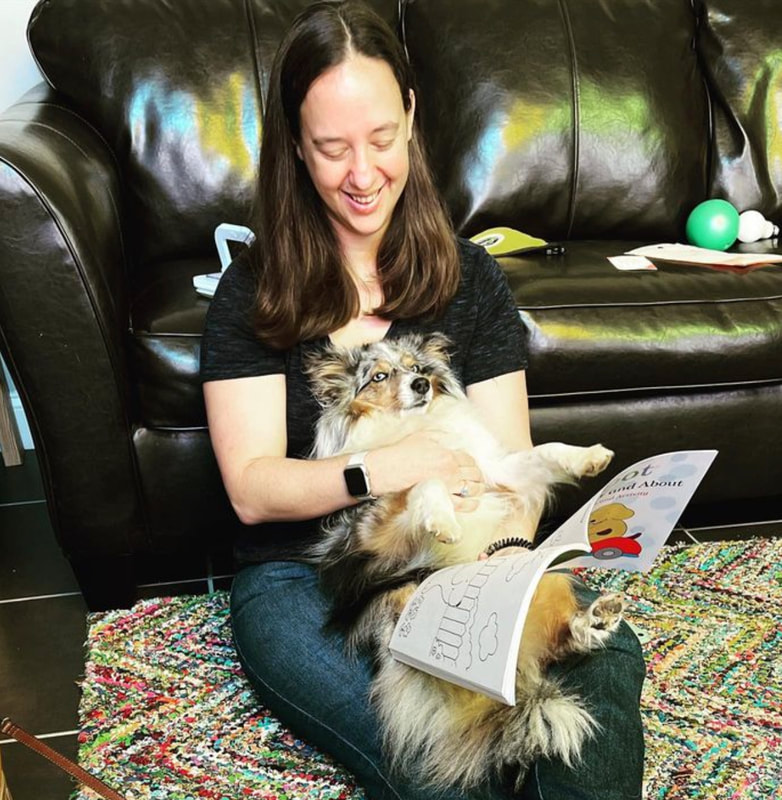
 RSS Feed
RSS Feed
